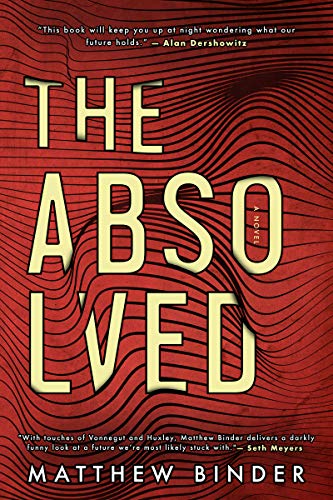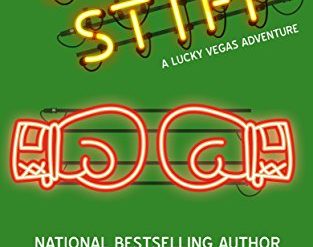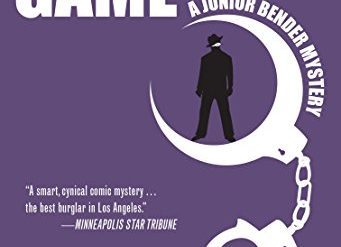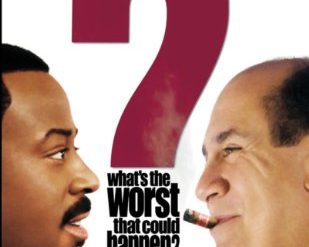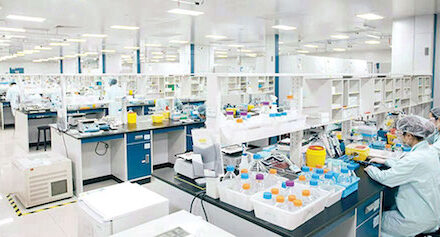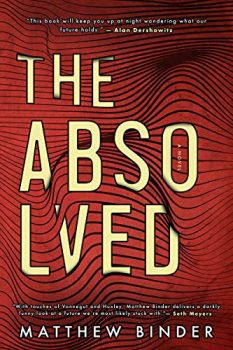
In most dystopian fiction, the story highlights how a single current trend might play out if its logic unfolded in a straight line into the future. For example, Kurt Vonnegut explores the absurdity of automation run wild in Player Piano. Margaret Atwood reveals the corruption at the heart of right-wing Christianity in The Handmaid’s Tale and The Testaments. Aldous Huxley’s Brave New World lampoons the potential of in vitro fertilization in a fascist society. And of course there are many other examples. Many fewer are grounded in the full range of contemporary ills. But Matthew Binder takes a crack at that approach in The Absolved. I wish I could say he succeeds.
Estimated reading time: 3 minutes
In The Absolved, we witness the disintegration of the United States in 2036. Robotics and artificial intelligence have eliminated most gainful employment, driving even such protected professionals as oncologists out of work. Economic inequality has left all but a handful of employed and wealthy Americans on the dole (“Basic Income”), members of those who are Absolved from work — or, worse yet, the Futile, left to fend for themselves on the margins of society.
The Absolved by Matthew Binder (2018) 290 pages ★★★☆☆
The overwhelming majority of Americans spend eight hours every day mesmerized by the sports events and other entertainment they view on holograms projected from chips embedded in their fingers. And climate change has gone wild, leaving San Francisco sweltering in the 90s in the summer and no longer cold as Mark Twain’s allegedly insisted. All this might have been intriguing if it had been more thoughtfully illustrated.
A dystopian novel that runs off the rails
Unfortunately, The Absolved appears to be a satirical presentation of these circumstances rather than a serious one. I say “appears,” because I think I was supposed to laugh at the absurdly exaggerated portraits of the story’s principal characters. However, the book simply isn’t funny. In fact, I may have smiled once or twice, possibly even chuckled once. But nearly all Binder’s characters are odious human beings. Most of what they do and say provokes groans and grimaces, not laughter.
The author seems to have been reaching for insight. For instance, he writes about “An entire generation of people whose explicit aim is to never subject themselves to a genuine or authentic experience, only synthetic ones.” And, later, he notes, “The twenty-first century, with all its science and technology, has provided us with a maximum of choice and a minimum of meaning.” Which is all fine as far as it goes. But this story doesn’t convey anything like what I could consider meaning, and its characters don’t seek, much less realize, authentic experience. Too bad.
For related reading
You might enjoy 20 good nonfiction books about the future and Good books about artificial intelligence.
For more good reading, check out:
- These novels won both Hugo and Nebula Awards
- The ultimate guide to the all-time best science fiction novels
- 10 top science fiction novels
- The top 10 dystopian novels
- Ten new science fiction authors worth reading now
And you can always find my most popular reviews, and the most recent ones, on the Home Page.

